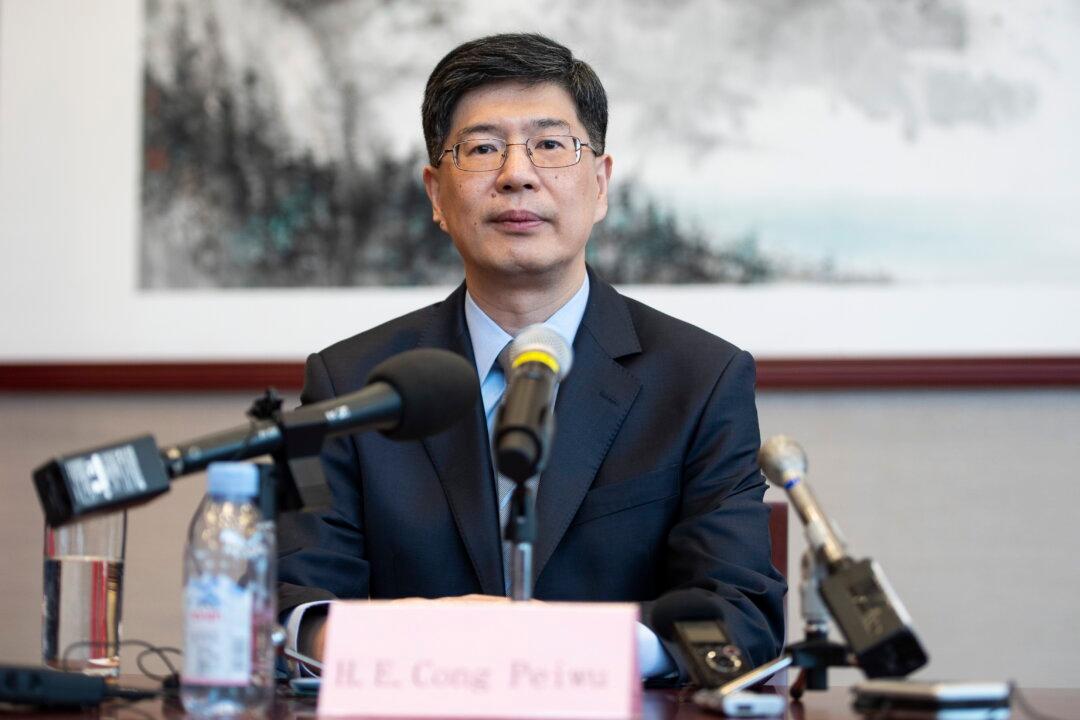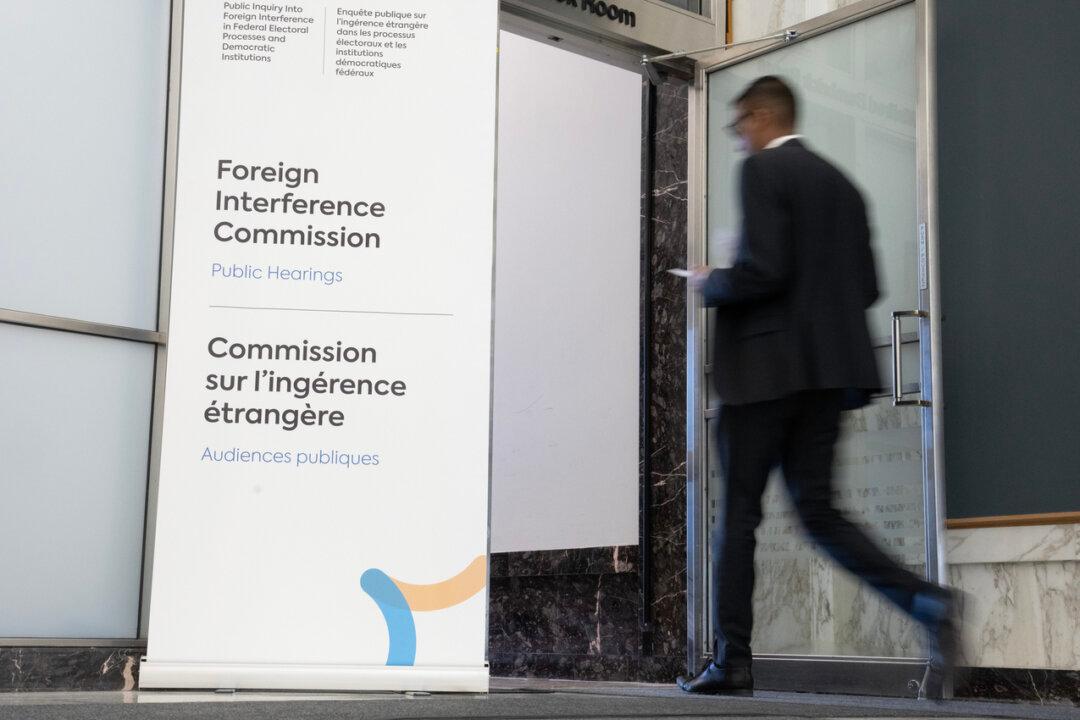The Canadian government announced new investment guidelines on Wednesday aimed at preventing foreign governments and investors from stealing intellectual property and sensitive data and taking over key sectors.
“The updated guidelines released today identify areas that could present national security concerns in foreign investment. These include sensitive personal data, certain sensitive technology areas, critical minerals, and investments by state-owned or state-influenced investors,” Champagne said. “The renewed guidelines will provide additional transparency and clarity for Canadian businesses and foreign investors.”
“Canada is signalling that it is not going to be as open or as friendly to countries that have potential national security concerns when it comes to our research institutions and funding agencies,” Jim Hinton, a prominent Canadian intellectual property lawyer, told
the Globe and Mail.
Champagne said Wednesday’s announcement is in accordance with the April 2020
Policy Statement on Foreign Investment Review and COVID-19, which enhanced scrutiny of investments in critical goods and services, particularly in the health sector. He said the April 2020 policy will remain in place until the Canadian economy begins to recover from the COVID-19 pandemic.
In a joint
statement, announced Wednesday with the Public Safety Minister and the Health Minister, Champagne said the government will ask universities and federal granting councils to also develop specific risk guidelines that will “integrate national security considerations into the evaluation and funding of research partnerships.”
“Universities, I think, have been somewhat naive at times in Canada about the value of some of the research they are doing and this is a very clear message to them you have to be really careful about this information and it could have really sensitive applications,” Peter Glossop, a Toronto lawyer, told the Globe and Mail.
These announcements came after Canada’s Natural Sciences and Engineering Research Council (NSERC) was
criticized after it announced in February it was going to collaborate with Chinese telecom giant Huawei Technologies to provide research funding for Canadian universities.
The NSERC provides up to $4.8-million in research funding. While Huawei did not disclose the proportion of its contribution, but
told the Globe and Mail that it’s “greater than $4.8-million.”






Friends Read Free